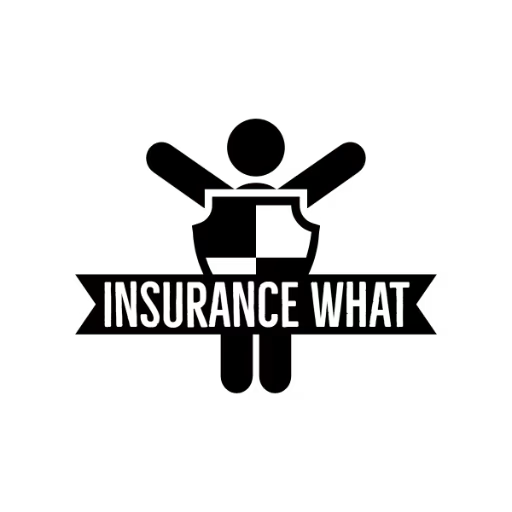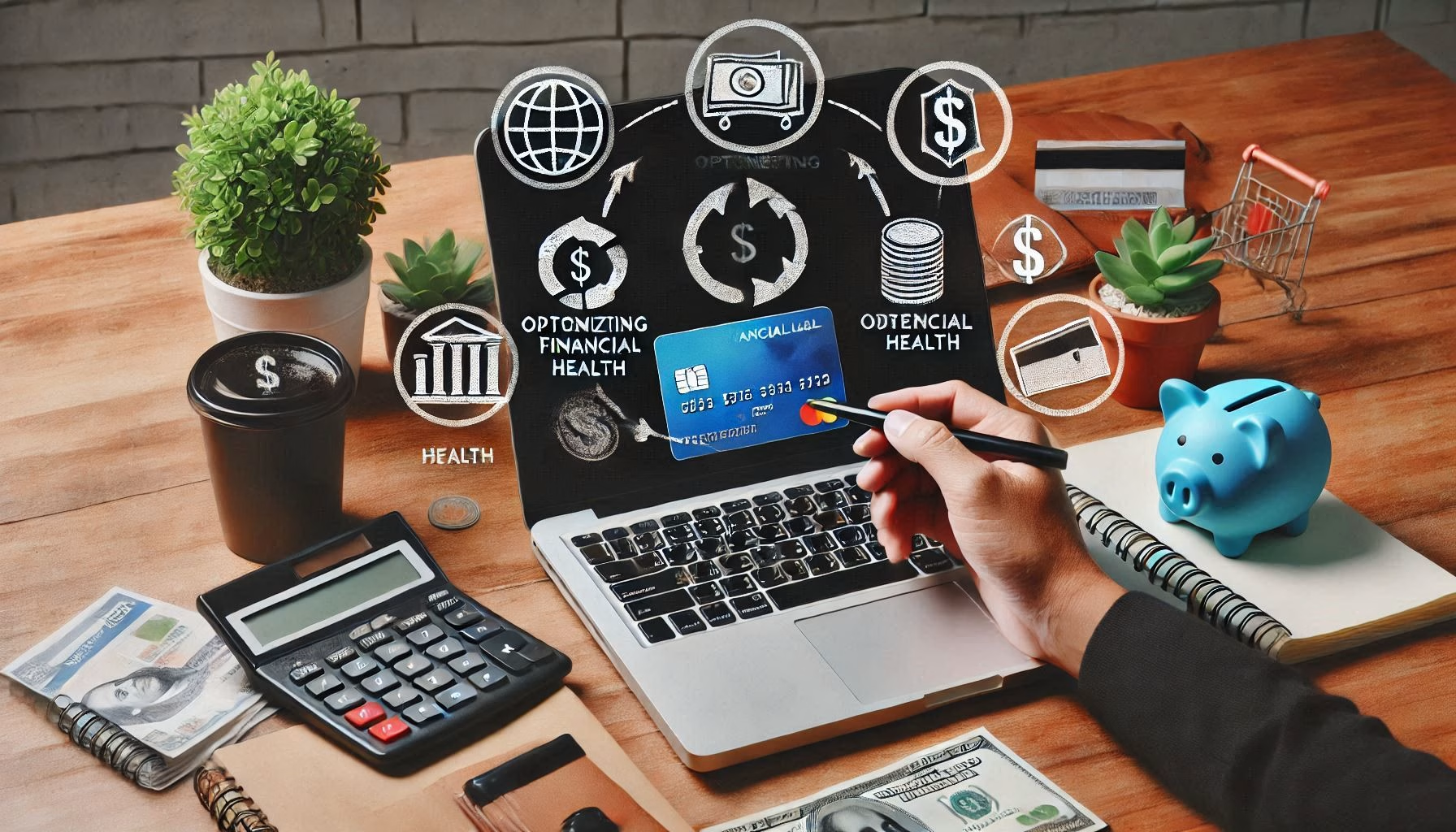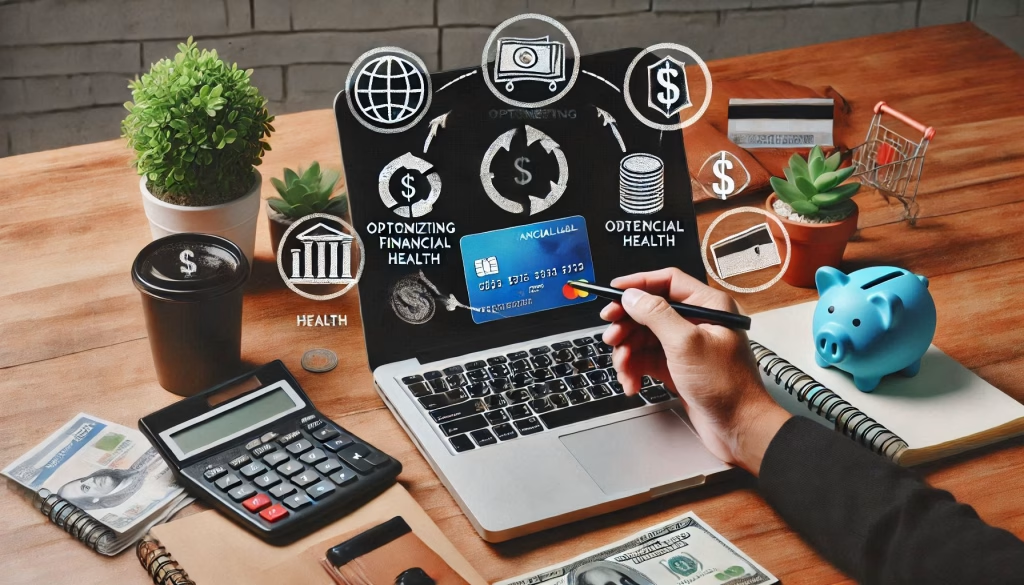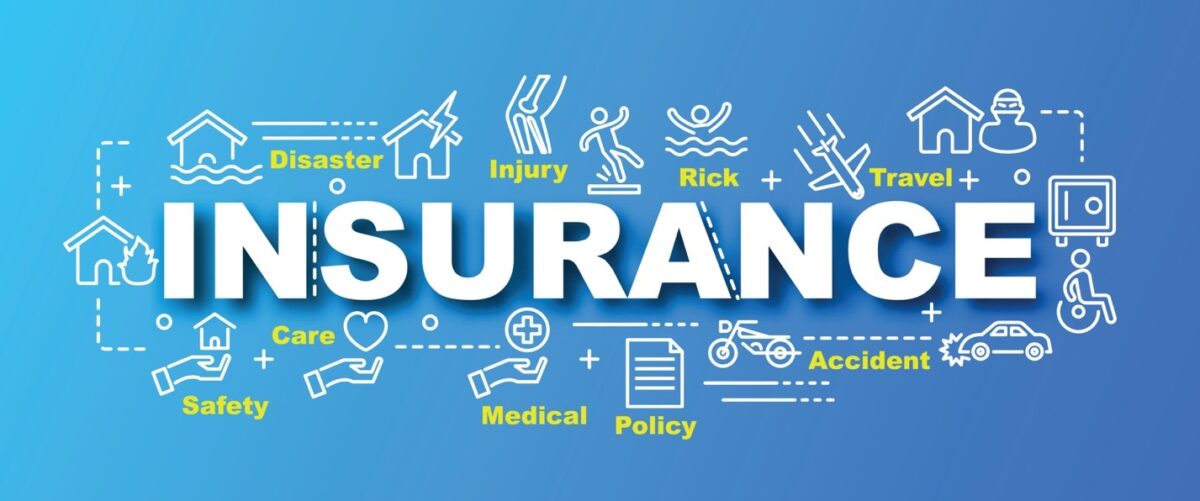Table of Contents
Overview
Credit card debt can accumulate and lead to significant financial issues if not properly managed. Such situations are frequently encountered by credit card users, regardless of whether they are beginners or long-term users.
A credit card is essentially a tool intended to facilitate financial transactions for users., credit provide numerous programs and when used appropriately.
What Are The Causes of Excessive Credit Card Debt?

Credit card debt is a common financial issue that affects millions of people worldwide. While credit cards offer convenience and flexibility, they can also lead to significant financial problems if not managed properly. Understanding the causes of excessive credit card debt is crucial for developing strategies to avoid and manage it. This article explores the various factors that contribute to excessive credit card debt, providing insights into how individuals can take control of their financial health.
Causes of Excessive Credit Card Debt No.1
InsuranceWhat.com
Lack of Financial Literacy
One of the primary causes of excessive credit card debt is a lack of financial literacy. Many individuals do not fully understand how credit cards work, including interest rates, fees, and the long-term consequences of carrying a balance.
- Understanding Interest Rates: Credit card interest rates, also known as Annual Percentage Rates (APRs), can be quite high. When individuals do not understand how interest is calculated and compounded, they may underestimate the cost of carrying a balance.
- Awareness of Fees: Credit cards often come with various fees, such as late payment fees, over-limit fees, and annual fees. A lack of awareness about these fees can lead to unexpected charges and increased debt.
- Long-Term Consequences: Many people do not realize the long-term impact of carrying credit card debt. High-interest rates can cause debt to accumulate quickly, making it difficult to pay off the balance and leading to a cycle of debt.
Causes of Excessive Credit Card Debt No.2
InsuranceWhat.com
Overspending and Impulse Purchases
Overspending and impulse purchases are significant contributors to excessive credit card debt. Credit cards make it easy to spend money without immediate consequences, leading to financial strain.
Impulse spending and making purchases without a budget can lead to excessive credit card debt. It is easy to lose track of spending when using credit cards, leading to higher-than-expected bills.
- Convenience of Credit Cards: The convenience of credit cards can lead to overspending. Unlike cash, which is tangible and finite, credit cards allow individuals to make purchases without feeling the immediate impact on their finances.
- Impulse Buying: Credit cards can encourage impulse buying, as individuals may be more likely to make spontaneous purchases without considering their budget. This can lead to accumulating debt for non-essential items.
- Lifestyle Inflation: As individuals’ incomes increase, they may be tempted to upgrade their lifestyle and spend more on luxury items and experiences. This phenomenon, known as lifestyle inflation, can lead to higher credit card balances and increased debt.
Causes of Excessive Credit Card Debt No.3
InsuranceWhat.com
Insufficient Income and Financial Hardships
Insufficient income and financial hardships can force individuals to rely on credit cards to cover essential expenses, leading to excessive debt.
- Living Beyond Means: When individuals live beyond their means, they may use credit cards to bridge the gap between their income and expenses. This can result in accumulating debt that becomes difficult to manage.
- Unexpected Expenses: Financial emergencies, such as medical bills, car repairs, or job loss, can lead to increased credit card usage. Without sufficient savings, individuals may rely on credit cards to cover these unexpected expenses.
- Underemployment: Underemployment, where individuals are working but not earning enough to cover their basic needs, can also contribute to credit card debt. In such cases, credit cards may be used to supplement income and cover essential expenses.
Causes of Excessive Credit Card Debt No.4
InsuranceWhat.com
Poor Budgeting and Financial Planning
Poor budgeting and financial planning can lead to excessive credit card debt. Without a clear understanding of their financial situation, individuals may struggle to manage their expenses and debt.
- Lack of Budgeting: Many individuals do not create or follow a budget, making it difficult to track their spending and manage their finances. Without a budget, it is easy to overspend and accumulate debt.
- Failure to Plan for the Future: Poor financial planning can result in a lack of savings for future expenses, such as retirement, education, or emergencies. Without adequate savings, individuals may rely on credit cards to cover these costs.
- Ignoring Debt Repayment: Failing to prioritize debt repayment can lead to increased interest charges and a growing balance. Without a plan to pay off credit card debt, individuals may find themselves trapped in a cycle of debt.
Causes of Excessive Credit Card Debt No.5
InsuranceWhat.com
High-Interest Rates and Fees
High-interest rates and fees associated with credit cards can exacerbate debt problems, making it difficult for individuals to pay off their balances.
Credit cards often come with high-interest rates, which can cause debt to grow rapidly if not paid off in full each month. Carrying a balance from month to month results in interest charges that add to the overall debt.
- Compounding Interest: Credit card interest is typically compounded daily, meaning that interest is charged on both the principal balance and any accrued interest. This can cause debt to grow rapidly, especially if only minimum payments are made.
- Late Payment Fees: Missing credit card payments can result in late payment fees, which add to the overall debt. Additionally, late payments can lead to higher interest rates and damage to credit scores.
- Over-Limit Fees: Exceeding the credit limit on a credit card can result in over-limit fees. These fees can add to the debt burden and make it more challenging to pay off the balance.
Causes of Excessive Credit Card Debt No.6
InsuranceWhat.com
Minimum Payment Trap
The minimum payment trap is a common issue that can lead to excessive credit card debt. Making only the minimum payment each month can result in a prolonged repayment period and increased interest charges.
- Prolonged Repayment Period: Making only the minimum payment extends the time it takes to pay off the debt. This can result in paying significantly more in interest over the life of the debt.
- Increased Interest Charges: By making only the minimum payment, individuals may end up paying more in interest than the original amount borrowed. This can make it difficult to reduce the principal balance and achieve debt relief.
- Psychological Impact: The minimum payment trap can create a false sense of progress, as individuals may believe they are managing their debt by making the minimum payment. In reality, the debt continues to grow, leading to increased financial stress.
Causes of Excessive Credit Card Debt No.7
InsuranceWhat.com
Lack of Emergency Savings
A lack of emergency savings can force individuals to rely on credit cards to cover unexpected expenses, leading to increased debt.
- Financial Emergencies: Without an emergency fund, individuals may use credit cards to cover unexpected expenses, such as medical bills, car repairs, or home maintenance. This can result in accumulating debt that becomes difficult to manage.
- Job Loss: Job loss or reduced income can lead to increased credit card usage to cover essential expenses. Without sufficient savings, individuals may rely on credit cards to bridge the gap until they find new employment.
- Health Issues: Health issues and medical emergencies can result in significant expenses. Without adequate savings, individuals may use credit cards to pay for medical bills, leading to increased debt.
7 Strategies to Overcome Credit Card Debt
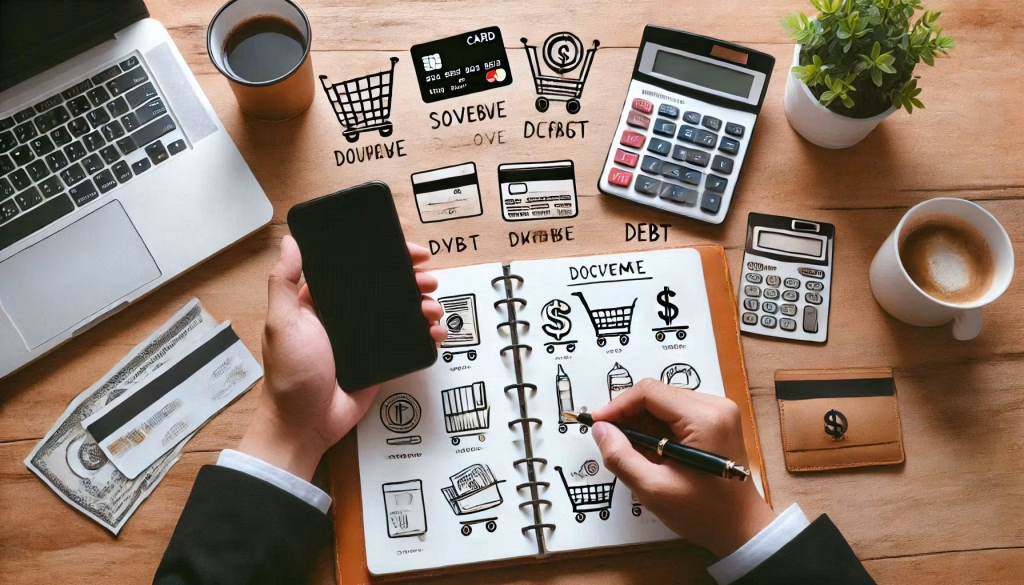
Credit card debt can be a significant burden on financial health, leading to stress and financial instability. However, with the right strategies, it is possible to manage and overcome excessive credit card debt. This article explores seven effective strategies to optimize financial health and achieve debt relief.
Strategies to Overcome Credit Card Debt No.1
InsuranceWhat.com
Assess Your Financial Situation
The first step in overcoming credit card debt is to assess your current financial situation. This involves taking a comprehensive look at your income, expenses, and outstanding debts.
- Create a Budget: Start by creating a detailed budget that outlines your monthly income and expenses. This will help you identify areas where you can cut back and allocate more funds towards debt repayment.
- List Your Debts: Make a list of all your credit card debts, including the outstanding balances, interest rates, and minimum monthly payments. This will give you a clear picture of your total debt and help you prioritize which debts to tackle first.
- Evaluate Your Financial Health: Assess your overall financial health by calculating your debt-to-income ratio and reviewing your credit report. This will help you understand the extent of your debt and identify any potential issues that need to be addressed.
Strategies to Overcome Credit Card Debt No.2
InsuranceWhat.com
Develop a Debt Repayment Plan
Once you have a clear understanding of your financial situation, the next step is to develop a debt repayment plan. This involves setting realistic goals and creating a strategy to pay off your debts.
- Set Clear Goals: Determine how much debt you want to pay off and set a timeline for achieving your goals. This will help you stay focused and motivated throughout the debt repayment process.
- Choose a Repayment Strategy: There are several debt repayment strategies to choose from, including the debt snowball method and the debt avalanche method. The debt snowball method involves paying off the smallest debts first, while the debt avalanche method focuses on paying off the debts with the highest interest rates first. Choose the strategy that works best for your financial situation and goals.
- Automate Payments: Set up automatic payments for your credit card bills to ensure that you never miss a payment. This will help you stay on track with your debt repayment plan and avoid late fees and penalties.
Strategies to Overcome Credit Card Debt No.3
InsuranceWhat.com
Negotiate with Creditors
Negotiating with your creditors can help you reduce your interest rates, lower your monthly payments, and potentially settle your debts for less than the full amount owed.
- Contact Your Creditors: Reach out to your credit card issuers and explain your financial situation. Ask if they can offer any assistance, such as lowering your interest rates or setting up a payment plan.
- Explore Debt Settlement Options: If you are unable to make your minimum monthly payments, consider exploring debt settlement options. This involves negotiating with your creditors to settle your debts for a reduced amount. Keep in mind that debt settlement can have a negative impact on your credit score, so it should be considered as a last resort.
- Seek Professional Help: If you are struggling to negotiate with your creditors on your own, consider seeking help from a credit counseling agencyAgent People who work and are tied to insurance companies to find and serve policyholders. Insurance company employees who are tasked with marketing products or serving prospective customers, starting from submitting the policy provisions to the contents of the policy agreement after becoming a policyholder. or a debt settlement company. These professionals can negotiate on your behalf and help you develop a plan to manage your debts.
Strategies to Overcome Credit Card Debt No.4
InsuranceWhat.com
Consolidate Your Debts
Debt consolidation involves combining multiple debts into a single loan with a lower interest rate. This can simplify your debt repayment process and potentially save you money on interest.
- Consider a Balance Transfer: A balance transfer involves transferring your high-interest credit card balances to a new credit card with a lower interest rate. Many credit card issuers offer promotional balance transfer rates, which can help you save money on interest and pay off your debts faster.
- Apply for a Debt Consolidation Loan: A debt consolidation loan is a personal loan that you can use to pay off your credit card debts. These loans typically have lower interest rates than credit cards, which can help you save money on interest and simplify your debt repayment process.
- Use a Home Equity Loan or Line of Credit: If you own a home, you may be able to use a home equity loan or line of credit to consolidate your debts. These loans typically have lower interest rates than credit cards, but they also come with the riskRisk Risk is a loss that occurs to the insured individual or object. Various bad possibilities could happen to someone. of losing your home if you are unable to make your payments.
Strategies to Overcome Credit Card Debt No.5
InsuranceWhat.com
Increase Your Income
Increasing your income can help you pay off your credit card debts faster and achieve financial stability. There are several ways to boost your income, including finding a higher-paying job, taking on a side hustle, or selling unwanted items.
- Find a Higher-Paying Job: If you are currently underemployed or working in a low-paying job, consider looking for a higher-paying job in your field. Updating your resume, networking, and applying for new job opportunities can help you increase your income and pay off your debts faster.
- Take on a Side Hustle: A side hustle is a part-time job or freelance work that you can do in addition to your full-time job. Popular side hustles include driving for a rideshare service, freelancing, or starting an online business. The extra income from a side hustle can help you pay off your debts faster and achieve financial stability.
- Sell Unwanted Items: Selling unwanted items, such as clothing, electronics, or furniture, can help you generate extra cash to put towards your debt repayment. Consider hosting a garage sale, selling items online, or taking them to a consignment shop.
Strategies to Overcome Credit Card Debt No.6
InsuranceWhat.com
Cut Back on Expenses
Reducing your expenses can free up more money to put towards your debt repayment. This involves identifying areas where you can cut back and making changes to your spending habits.
- Create a Spending Plan: A spending plan is a detailed outline of your monthly expenses. This can help you identify areas where you can cut back and allocate more funds towards debt repayment.
- Reduce Discretionary Spending: Discretionary spending includes non-essential expenses, such as dining out, entertainment, and shopping. Cutting back on these expenses can help you save money and pay off your debts faster.
- Save on Essential Expenses: Look for ways to save money on essential expenses, such as groceries, utilities, and transportation. This can include using coupons, shopping for sales, and finding more affordable alternatives.
Strategies to Overcome Credit Card Debt No.7
InsuranceWhat.com
Seek Professional Help
If you are struggling to manage your credit card debts on your own, consider seeking help from a financial professional. This can include working with a credit counselor, a financial advisor, or a debt settlement company.
- Credit Counseling: Credit counseling agenciesAgent People who work and are tied to insurance companies to find and serve policyholders. Insurance company employees who are tasked with marketing products or serving prospective customers, starting from submitting the policy provisions to the contents of the policy agreement after becoming a policyholder. offer free or low-cost services to help you manage your debts. They can provide budgeting advice, help you develop a debt repayment plan, and negotiate with your creditors on your behalf.
- Financial Advisor: A financial advisor can help you develop a comprehensive financial plan to achieve your goals. They can provide personalized advice on managing your debts, increasing your income, and saving for the future.
- Debt Settlement Company: Debt settlement companies negotiate with your creditors to settle your debts for less than the full amount owed. Keep in mind that debt settlement can have a negative impact on your credit score, so it should be considered as a last resort.
Tips for Maintaining Financial Health After Settling Credit Card Debt
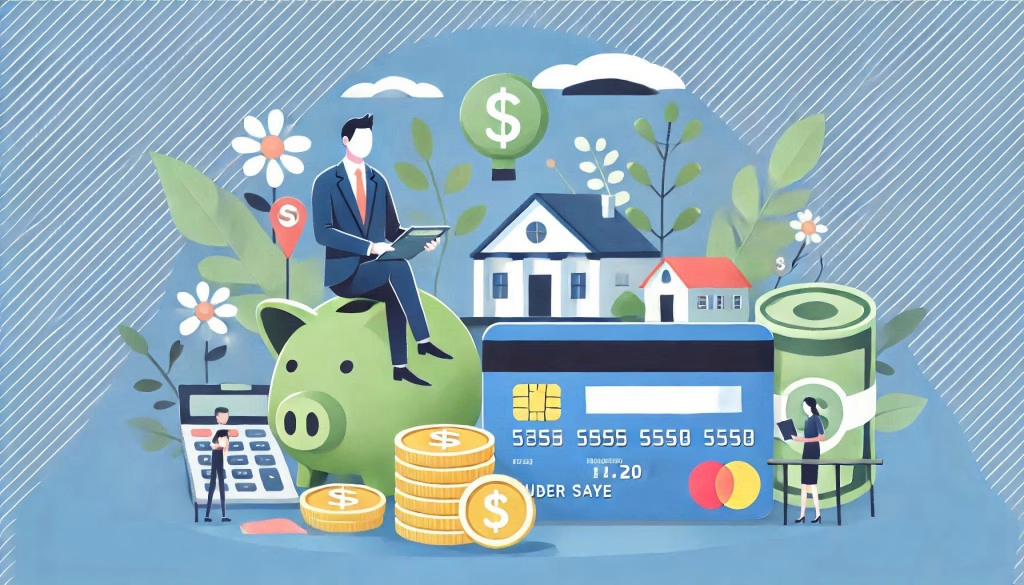
Settling credit card debt is a significant achievement that can bring a sense of relief and financial freedom. However, maintaining financial health after settling debt requires ongoing effort and discipline. This article explores practical tips and strategies to help you maintain financial stability and avoid falling back into debt. By following these guidelines, you can build a secure financial future and achieve long-term financial success.
Tips for Maintaining Financial Health After Settling Credit Card Debt No.1
InsuranceWhat.com
Create and Stick to a Budget
One of the most important steps in maintaining financial health is creating and sticking to a budget. A budget helps you manage your income and expenses, ensuring that you live within your means and avoid accumulating new debt.
- Assess Your Income and Expenses: Start by assessing your monthly income and expenses. List all sources of income, including your salary, bonuses, and any additional income streams. Then, list all your monthly expenses, including rent or mortgage payments, utilities, groceries, transportation, and discretionary spending.
- Categorize Your Expenses: Categorize your expenses into essential and non-essential categories. Essential expenses include housing, utilities, groceries, and transportation, while non-essential expenses include dining out, entertainment, and shopping.
- Set Spending Limits: Set spending limits for each category based on your income and financial goals. Allocate a portion of your income towards savings and debt repayment, and ensure that your total expenses do not exceed your income.
- Track Your Spending: Use a budgeting app or spreadsheet to track your spending and ensure that you stay within your budget. Regularly review your budget and make adjustments as needed to stay on track.
Tips for Maintaining Financial Health After Settling Credit Card Debt No.2
InsuranceWhat.com
Build an Emergency Fund
An emergency fund is a crucial component of financial health. It provides a financial cushion to cover unexpected expenses, such as medical bills, car repairs, or job loss, without relying on credit cards.
- Set a Savings Goal: Aim to save at least three to six months’ worth of living expenses in your emergency fund. This will provide a sufficient buffer to cover most financial emergencies.
- Automate Your Savings: Set up automatic transfers from your checking account to your emergency fund to ensure consistent savings. Treat your emergency fund contributions as a non-negotiable expense in your budget.
- Keep Your Emergency Fund Accessible: Keep your emergency fund in a separate savings account that is easily accessible but not too convenient to withdraw from. This will help you avoid using the funds for non-emergency expenses.
- Replenish Your Fund: If you need to use your emergency fund, prioritize replenishing it as soon as possible. Continue to make regular contributions until you reach your savings goal.
Tips for Maintaining Financial Health After Settling Credit Card Debt No.3
InsuranceWhat.com
Use Credit Cards Wisely
Using credit cards responsibly is essential to maintaining financial health and avoiding new debt. Credit cards can be a valuable financial tool if used correctly, but they can also lead to financial trouble if mismanaged.
- Pay Off Balances in Full: Aim to pay off your credit card balances in full each month to avoid interest charges. Only charge what you can afford to pay off by the due date.
- Limit Credit Card Usage: Use credit cards for essential purchases and emergencies only. Avoid using credit cards for discretionary spending or impulse purchases.
- Monitor Your Credit Card Statements: Regularly review your credit card statements to ensure that all charges are accurate and to identify any unauthorized transactions. Report any discrepancies to your credit card issuer immediately.
- Avoid Carrying a Balance: Carrying a balance from month to month can lead to high-interest charges and increased debt. Make it a priority to pay off your credit card balances in full each month.
Tips for Maintaining Financial Health After Settling Credit Card Debt No.4
InsuranceWhat.com
Improve Your Credit Score
A good credit score is essential for accessing favorable interest rates and financial products. Improving and maintaining your credit score can help you achieve your financial goals and secure better financial opportunities.
- Make Timely Payments: Making timely payments on your credit cards, loans, and other bills is one of the most important factors in maintaining a good credit score. Set up automatic payments or reminders to ensure that you never miss a payment.
- Reduce Your Credit Utilization: Credit utilization is the ratio of your credit card balances to your credit limits. Aim to keep your credit utilization below 30% to maintain a healthy credit score. Pay down your balances and avoid maxing out your credit cards.
- Avoid Opening New Credit Accounts: Opening multiple new credit accounts in a short period can negatively impact your credit score. Only apply for new credit when necessary and avoid opening accounts you don’t need.
- Monitor Your Credit Report: Regularly check your credit report to ensure that all information is accurate and up to date. Dispute any errors or inaccuracies with the credit bureaus to protect your credit score.
Tips for Maintaining Financial Health After Settling Credit Card Debt No.5
InsuranceWhat.com
Save for Future Goals
Saving for future goals is an essential aspect of maintaining financial health. Whether you’re saving for a down payment on a house, a new car, or retirement, having a clear savings plan can help you achieve your financial objectives.
- Set Clear Goals: Define your short-term and long-term financial goals. Determine how much you need to save and set a timeline for achieving each goal.
- Create a Savings Plan: Develop a savings plan that outlines how much you need to save each month to reach your goals. Allocate a portion of your income towards your savings goals and treat these contributions as a priority in your budget.
- Use Separate Savings Accounts: Consider using separate savings accounts for different goals to keep your savings organized and track your progress. This can help you stay focused and motivated to achieve each goal.
- Take Advantage of Employer Benefits: If your employer offers retirement savings plans, such as a 401(k) or pension plan, take advantage of these benefits. Contribute enough to receive any employer matching contributions and maximize your retirement savings.
Tips for Maintaining Financial Health After Settling Credit Card Debt No.6
InsuranceWhat.com
Invest Wisely
Investing is a key component of building long-term wealth and achieving financial security. Understanding the basics of investing and making informed decisions can help you grow your wealth over time.
- Educate Yourself: Take the time to learn about different investment options, such as stocks, bonds, mutual funds, and real estate. Understanding the risksRisk Risk is a loss that occurs to the insured individual or object. Various bad possibilities could happen to someone. and potential returns of each investment can help you make informed decisions.
- Diversify Your Portfolio: Diversification involves spreading your investments across different asset classes to reduce risk. A diversified portfolio can help protect your investments from market volatility and improve your chances of achieving consistent returns.
- Invest for the Long Term: Investing for the long term can help you take advantage of compound interest and ride out market fluctuations. Avoid making impulsive investment decisions based on short-term market movements.
- Seek Professional Advice: If you’re unsure about how to invest or need help developing an investment strategy, consider seeking advice from a financial advisor. A professional can provide personalized recommendations based on your financial goals and risk tolerance.
Tips for Maintaining Financial Health After Settling Credit Card Debt No.7
InsuranceWhat.com
Avoid Lifestyle Inflation
Lifestyle inflation occurs when your spending increases as your income rises. Avoiding lifestyle inflation is crucial to maintaining financial health and achieving long-term financial goals.
- Maintain a Frugal Mindset: Even if your income increases, continue to live within your means and prioritize saving and investing. Avoid unnecessary expenses and focus on building wealth.
- Set Spending Limits: Set spending limits for discretionary expenses and stick to them. This can help you avoid overspending and ensure that you allocate enough funds towards your financial goals.
- Prioritize Financial Goals: As your income increases, prioritize using the extra funds to pay off debt, save for future goals, and invest. This can help you build a strong financial foundation and achieve long-term financial success.
- Prioritize Financial Goals: As your income increases, prioritize using the extra funds to pay off debt, save for future goals, and invest. This can help you build a strong financial foundation and achieve long-term financial success.
The Conclusion
Immediate Repayment of Credit Card Debt Increases
The unwise and unplanned use of credit cards often causes problems in finances. If left unchecked, these various credit card bills will cause inflated debts. Immediately fix your finances and pay off credit card debt arrears, so that your financial condition does not worsen in the future.
Overcoming credit card debt requires a combination of careful planning, disciplined spending, and proactive strategies. By assessing your financial situation, developing a debt repayment plan, negotiating with creditors, consolidating your debts, increasing your income, cutting back on expenses, and seeking professional help, you can optimize your financial health and achieve debt relief. Remember that the journey to financial stability is a marathon, not a sprint, and staying committed to your goals will ultimately lead to success.
Do you think you have other ideas about Optimizing Financial Health: 7 Strategies to Overcome Credit Card Debt? You can comment and share your thoughts below, or discuss more in the InsuranceWhat Forum. Also, read more articles about GLOBAL INSURANCE or other interesting insurance topic articles only at InsuranceWhat.com.
